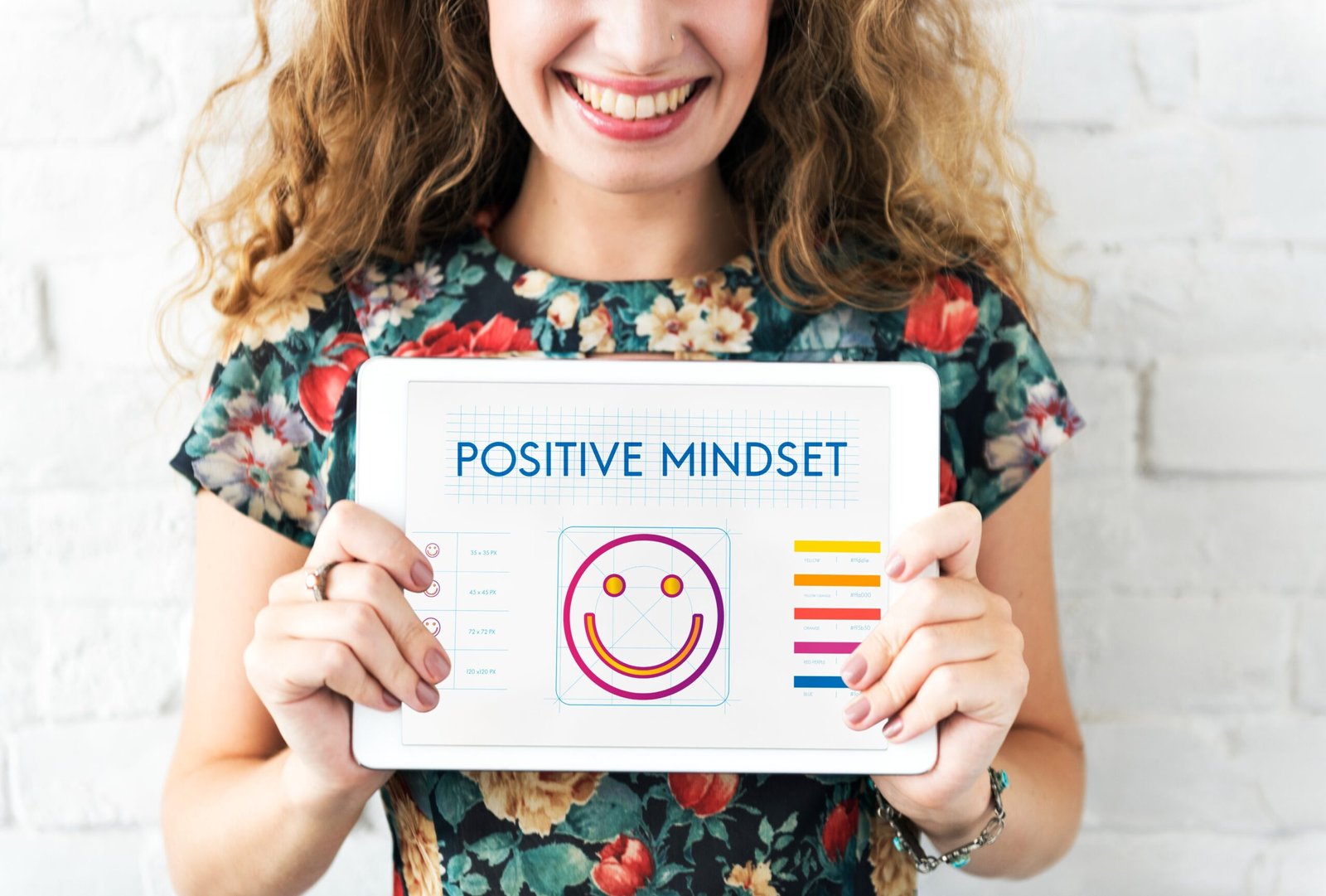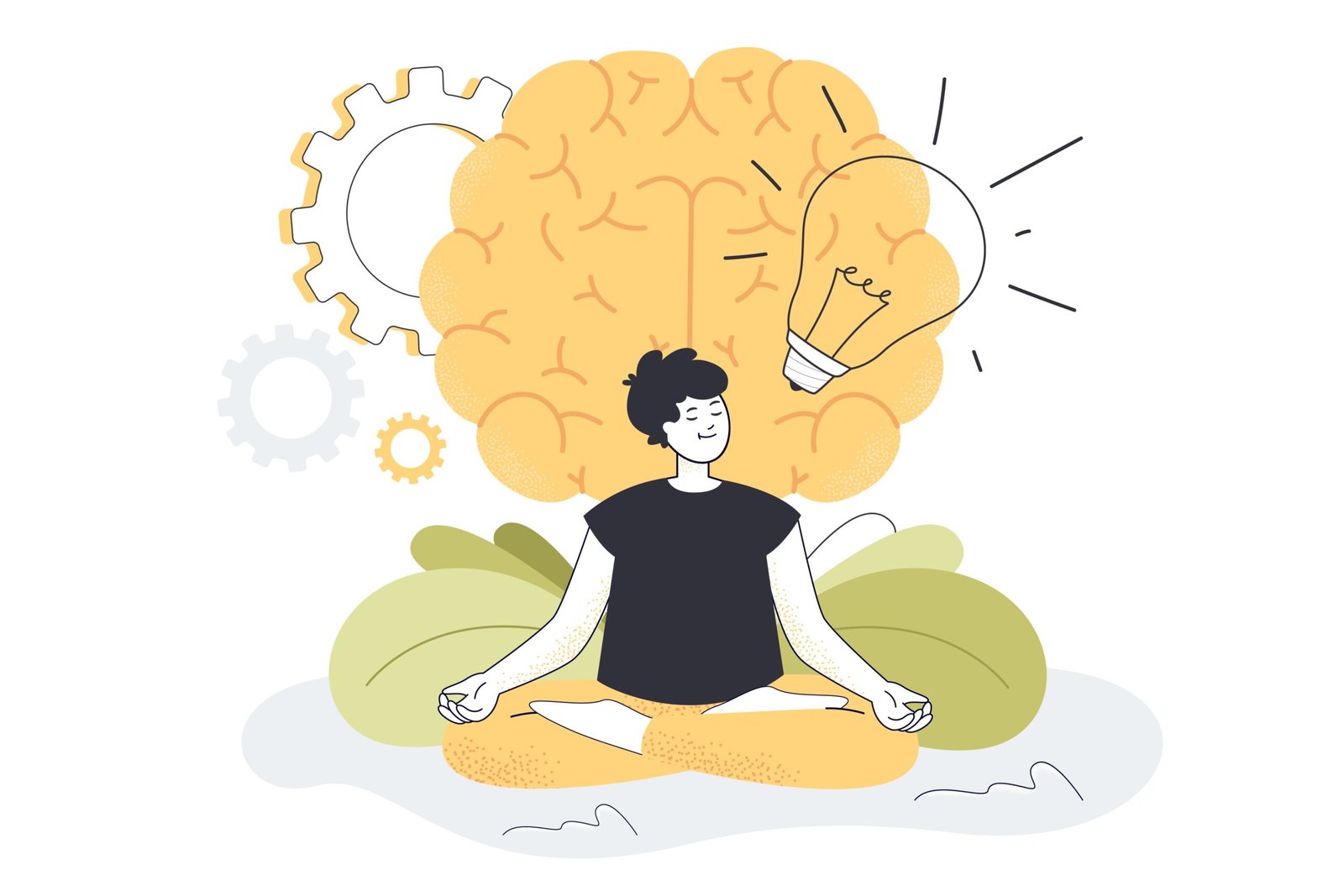What Is Positive Psychology?
What Is Positive Psychology? At its core, positive psychology is the scientific study of what makes life worth living. Unlike traditional psychology, which often focuses on problems and disorders, positive psychology shines a light on strengths, happiness, resilience, and human potential. It’s about understanding how individuals and communities can thrive, not just survive.
When I first explored positive psychology, it felt like discovering a new lens on life—one that emphasizes gratitude, personal growth, and fulfillment. This approach doesn’t ignore challenges, but it equips us with tools to navigate them more effectively while building a stronger, more meaningful life.
If you’re curious about how positive psychology works, what its benefits are, and how it can even become a fulfilling career path, you’re in the right place.
What Is Positive Psychology? The Foundations
Positive psychology was founded in the late 1990s by Dr. Martin Seligman, often called the “father of positive psychology.” He emphasized moving beyond mental illness treatment toward fostering happiness and human flourishing.
The Origins of Positive Psychology
-
Martin Seligman’s Vision – Introduced during his presidency of the American Psychological Association in 1998.
-
Research-Based Science – Grounded in evidence from psychology, neuroscience, and behavioral science.
-
Core Focus – Strengths, meaning, resilience, gratitude, and relationships.
How It Differs from Traditional Psychology
-
Traditional psychology → Focus on treating illness, trauma, and dysfunction.
-
Positive psychology → Focus on promoting happiness, strengths, and potential.
A simple way to remember it: traditional psychology gets people from -5 to 0, while positive psychology helps take you from 0 to +10.
The Key Principles of Positive Psychology
Understanding the pillars of positive psychology gives us clarity on how it works in daily life.
Strengths-Based Development
Positive psychology encourages identifying and using personal strengths instead of obsessing over weaknesses. Tools like the VIA Character Strengths Survey help individuals recognize unique qualities such as kindness, creativity, or perseverance.
The Science of Happiness and Well-Being
Happiness isn’t just luck—it can be studied and practiced. Research shows practices like gratitude journaling, mindfulness, and acts of kindness increase long-term well-being.
Building Resilience and Emotional Intelligence
Resilience means bouncing back after setbacks. Positive psychology emphasizes emotional intelligence, helping individuals manage stress, regulate emotions, and thrive under pressure.
The Benefits of Practicing Positive Psychology
Positive psychology benefits extend far beyond simply “feeling good.” Its impact can be seen in personal well-being, stronger connections with others, and even professional success. By applying positive psychology principles in everyday life, you create a foundation for greater resilience, happiness, and purpose. Let’s explore the key benefits in more depth:
Improved Mental Health and Reduced Stress
One of the most widely researched benefits of positive psychology is its effect on mental health. Instead of focusing solely on reducing symptoms of anxiety or depression, positive psychology encourages practices that increase well-being. Simple interventions such as gratitude journaling, mindfulness meditation, or practicing optimism have been shown to:
-
Reduce rumination (overthinking negative events)
-
Lower stress hormones like cortisol
-
Increase positive emotions and resilience in daily life
For example, a study published in the Journal of Positive Psychology found that people who wrote down three things they were grateful for each day reported higher levels of happiness and lower levels of depressive symptoms after just a few weeks.
When stress arises, positive psychology doesn’t erase it, but it equips you with tools to manage it with calmness, perspective, and hope.
Stronger Relationships and Social Connections
Humans are social beings, and the quality of our relationships is a strong predictor of overall life satisfaction. Positive psychology emphasizes values like kindness, empathy, forgiveness, and active listening, which foster healthier and more fulfilling connections.
When you practice appreciation—whether it’s thanking a partner, recognizing a colleague, or acknowledging a friend—you strengthen bonds and build trust. Research shows that people who regularly express gratitude experience more satisfaction in their relationships and are less likely to experience conflict.
In professional settings, this translates to stronger teamwork, greater collaboration, and a more supportive workplace culture. In personal life, it means deeper intimacy and stronger family ties.
Increased Productivity and Motivation
Positive psychology isn’t only about “feeling good”—it has a measurable effect on performance and productivity. Studies reveal that employees who experience positive emotions are more engaged, creative, and motivated in their work.
Companies that integrate positive psychology strategies, such as strengths-based coaching or resilience workshops, often see:
-
Higher employee retention
-
Increased innovation and problem-solving
-
Greater workplace satisfaction and collaboration
On an individual level, when you focus on your strengths instead of weaknesses, you’re more motivated to tackle challenges and pursue meaningful goals. This strengths-based approach encourages growth and creates a cycle of achievement and fulfillment.
Greater Life Satisfaction and Fulfillment
Perhaps the most transformative benefit of positive psychology is its ability to increase life satisfaction and overall fulfillment. This goes beyond temporary happiness—it’s about cultivating meaning in your life.
When you align your daily actions with your values and strengths, life feels more purposeful. Instead of moving through routines on autopilot, you begin to engage more fully, notice small joys, and feel connected to something greater than yourself.
Research shows that people who practice meaning-oriented positive psychology exercises, such as reflecting on personal strengths or identifying life goals, report:
-
Higher levels of purpose
-
Greater satisfaction with their careers and personal lives
-
A stronger sense of resilience in times of difficulty
This combination of happiness, meaning, and resilience is what psychologists often call flourishing.
Becoming a Certified Positive Psychology Practitioner
If you’re passionate about well-being, you might consider becoming a Positive Psychology Practitioner. Certification equips you with knowledge and practical tools to guide others in improving their lives.
What Certification Involves
-
Structured learning in positive psychology theories and practices
-
Training in applied interventions such as mindfulness, gratitude, and resilience
-
Hands-on coaching and group facilitation skills
Career Paths in Positive Psychology
-
Coaching – Helping clients identify strengths and achieve goals
-
Counseling – Complementing therapy with positive-based approaches
-
Corporate Training – Supporting employee wellness and leadership programs
-
Education – Bringing well-being science into schools and communities
👉 Learn more about our Positive Psychology Practitioner Certificate.
The Earning Potential of a Positive Psychology Practitioner
Positive psychology isn’t only rewarding personally—it also has strong professional opportunities.
Average Income for Certified Practitioners
Income varies by location and specialization, but many certified practitioners earn $50,000 to $100,000+ annually, depending on services offered.
Opportunities in Coaching, Corporate Training, and Wellness Programs
-
One-on-one coaching (life or executive coaching)
-
Workshops for organizations (stress management, resilience training)
-
Wellness programs in schools, healthcare, or communities
Building a Private Practice or Online Business
With growing interest in mental well-being, many practitioners establish online coaching platforms, courses, or memberships, expanding their reach beyond local clients.
How Certification Boosts Your Career
Certification adds credibility, demonstrates expertise, and opens doors to higher-paying opportunities in coaching, education, and consulting.
How to Get Started With Positive Psychology
Even before certification, you can bring positive psychology into your life with small daily habits.
Simple Daily Practices You Can Try Today
-
Write three things you’re grateful for each morning
-
Practice mindfulness for 10 minutes a day
-
Perform one random act of kindness daily
Recommended Courses and Training Programs
Look for accredited institutions offering structured, evidence-based programs. Always choose providers that combine research with practical application.
Choosing the Right Certification Path
Ask yourself:
-
Do I want to focus on personal coaching or organizational training?
-
Am I seeking certification for personal development or career growth?
-
Does the program include hands-on learning and mentorship?
Quick Checklist: Is Positive Psychology Right for You?
✅ You enjoy helping others thrive
✅ You believe in strength-based growth
✅ You’re interested in evidence-based science
✅ You want to build a fulfilling, purpose-driven career
If you tick most of these boxes, becoming a certified practitioner may be a great fit.
Final Thoughts
Positive psychology isn’t just about being happy—it’s about cultivating resilience, finding meaning, and using your strengths to build a life worth living. Whether you’re exploring it for personal growth or considering becoming a certified practitioner, the principles of positive psychology can transform both your own life and the lives of those around you.
If you’re ready to take the next step, visit the School of Positive Transformation and connect with us through our Contact Us page. Let’s explore how you can apply positive psychology in your life and career.






